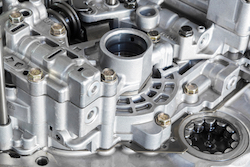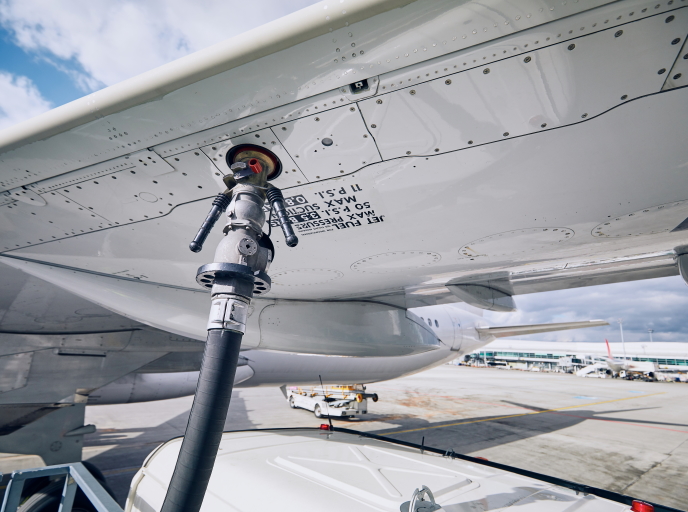New heat treatment promises lighter and stronger manufactured aluminium parts
The High Pressure Die Cast (HPDC) process of manufacturing works by forcing molten metal under high pressure into a mould cavity. Most die castings are made from non-ferrous metals, such as zinc, copper or aluminium. While equipment costs often limit its application to high-volume production, it does offer higher-speed of production for complex shapes than any other manufacturing method, as well as durability and dimensional stability, with added strength and weight advantages. However, despite HPDC being a highly productive process it precludes conventional heat treatment, as trapped gas results in blistering - necessitating the development of new advanced procedures. The EU-supported HardALU project was established precisely to create an alternative option, resulting in a thermal treatment, with a homogeneous temperature over the entire surface of the piece, with no more than a 3 ºC deviation across the part’s different surface areas. The fluidised bed technology High-performance lightweight aluminium components are particularly important for the automotive industry where they could for example replace heavier iron castings such as those used for engine blocks, reducing weight. Yet, as they cannot conventionally be treated with heat (due to blistering), components have typically had to be of greater thicknesses, and so greater weight, with implications for the economics of transport solutions, as well as their environmental impact. At the heart of the HardALU approach lies the Fluidised Bed (FB) solution. This technology involves sending gas through a bed of fine sand particles creating a fluid-like behaviour. Parts can then be submerged into this mix – a process referred to as ‘quenching’ - and thanks to the fact that the surface of the piece is in full contact with the sand in the fluidised bed, it can be treated in a more homogenous way. Temperatures of between 490 °C and 540 °C can be reached in seven to 10 minutes for large engine blocks, for example, with the heat transfer rate three to four times higher than with conventional forced air techniques. Mr Jaume Tort, the project coordinator recalls that, “This fluidification of the sand proved to be the project’s biggest challenge leading to many tests and modifications. Ultimately we got the sand to fluidify correctly with the support of the University Carlos III(opens in new window) in Madrid.” The project also collaborated with the technological centre of IK4 Azterlan(opens in new window) to test the treated pieces and validate the equipment. From an environmental point of view, thanks to the technology, pieces can now be treated which could not before. This reduces their thickness, and so weight, resulting in lower vehicle fuel consumption which in turn lowers C02 emissions. Additionally, with treatment time reduced, the electrical consumption used during manufacturing is also reduced. The system is currently housed within a client's facilities so that it can be rigorously tested under industrial conditions. This also makes it available for demonstration to potential customers. “What is especially exciting about the future is that the technology is sparking a wider growth in aluminium die casting for structural parts, such as the shock tower of a car’s suspension, currently made of steel.” Mr Tort reflects. “This is a breakthrough because complex parts like these are very thin and so depend on effective thermal treatment to remain robust and reliable.”







